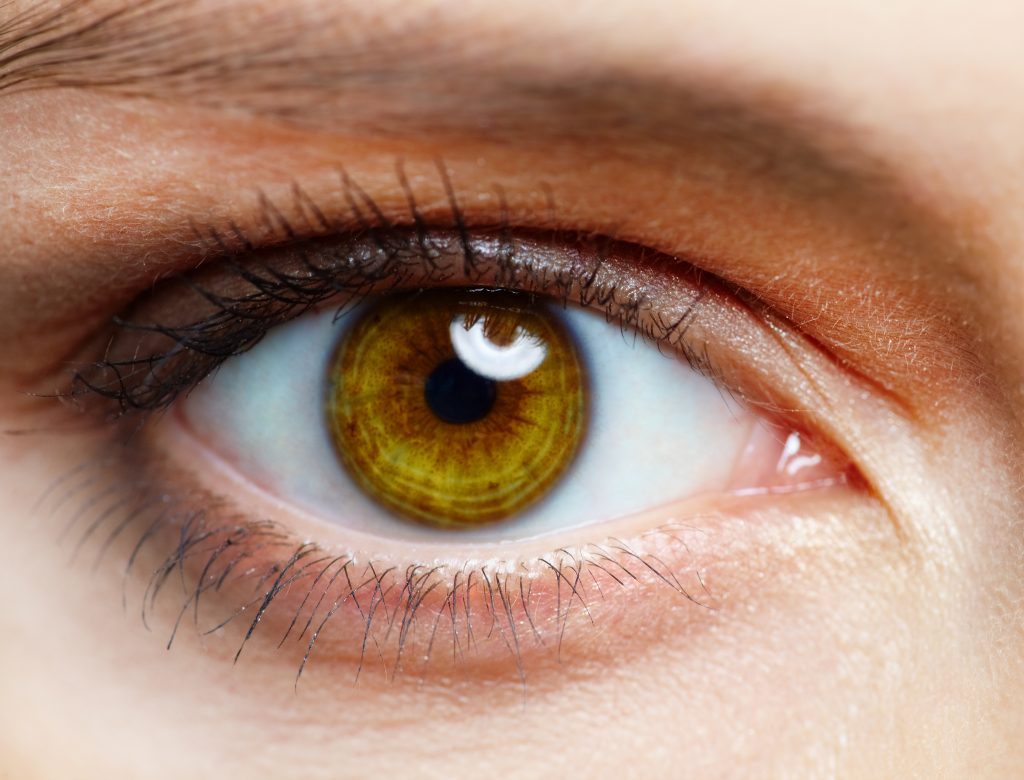Advertisement
Ask the Experts
Antioxidants and eye health

Q: How do vitamins and antioxidants affect eye health?
A: Oxidative stressors (pollution, smoke, and sunlight) and free radicals (intracellular anaerobic metabolism byproducts) are involved in eye problems such as cataracts and age-related macular degeneration (AMD). Vitamins, minerals, and antioxidants from diet and supplements are essential for supporting and maintaining eye health.
Vitamins
Vitamin A is essential for retinal photoreceptor pigment formation. Concentrated in the watery fluid that fills the space between the cornea and lens, vitamin C protects the lens from oxidative damage while increasing the absorption rate of lutein and zeaxanthin.
Minerals
Zinc is concentrated in the retina and choroid (layer of blood vessels and connective tissue between the white of the eye and retina) and plays an important part in retina and lens metabolism. The Age-Related Macular Degeneration Study (AREDS) reported that supplementing with vitamins C and E, beta carotene, zinc, and copper reduced the risk of developing advanced AMD. (Smokers should avoid beta carotene when considering long-term usage because of increased risk of lung cancer.)
Antioxidants
The antioxidants lutein and zeaxanthin are major macular pigments in the eye and play important roles in the maintenance of retina function by filtering high energy blue light and preventing oxidative damage.
Anthocyanins
Water-soluble plant pigments, anthocyanins are a rich source of antioxidants. Sources include bilberry, used to improve night vision and slow the progression of eye disorders, and black currant, used to help improve dark adaptation and visual fatigue.
Omega-3s
The omega-3 fatty acids docosahexaenoic acid (DHA) and eicosapentaenoic acid (EPA) are concentrated in the retina. They are essential for retina function and may aid in vision development, vision recovery, improving dry eye syndrome, and lowering the risk of AMD.
Supplementing with lutein, zeaxanthin, and omega-3 fatty acids may help reduce the risk of developing advanced AMD.





